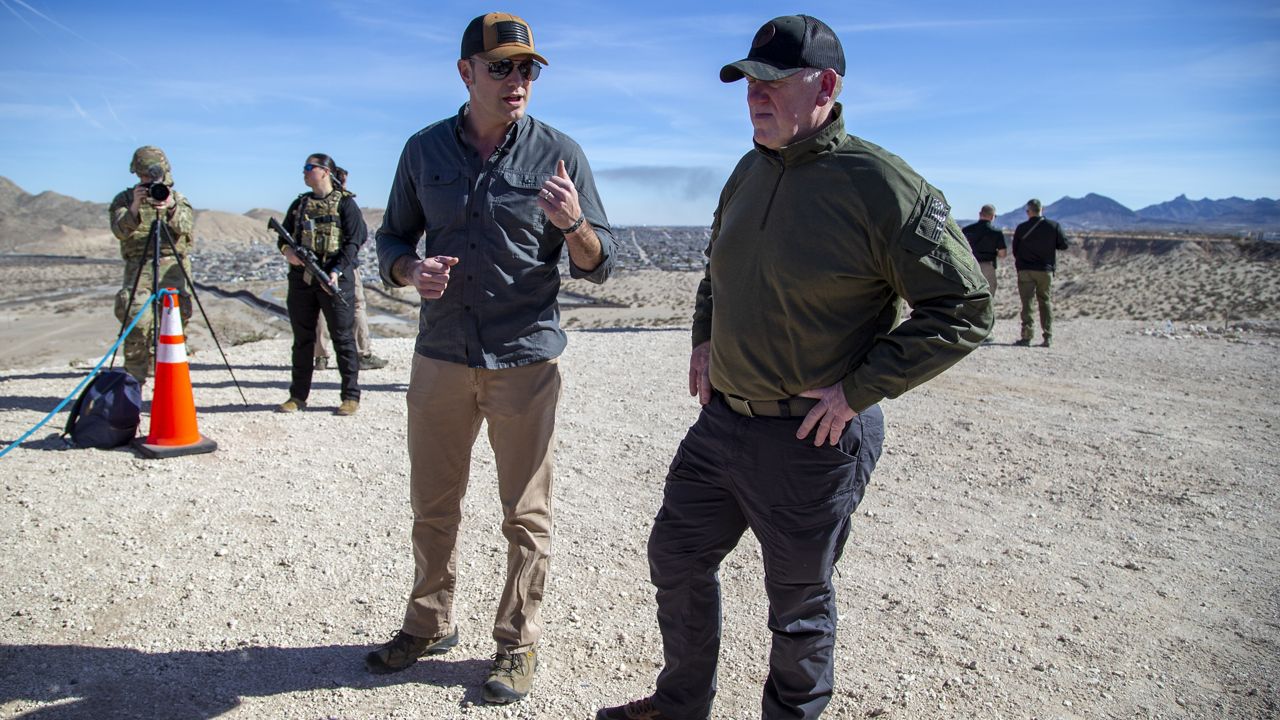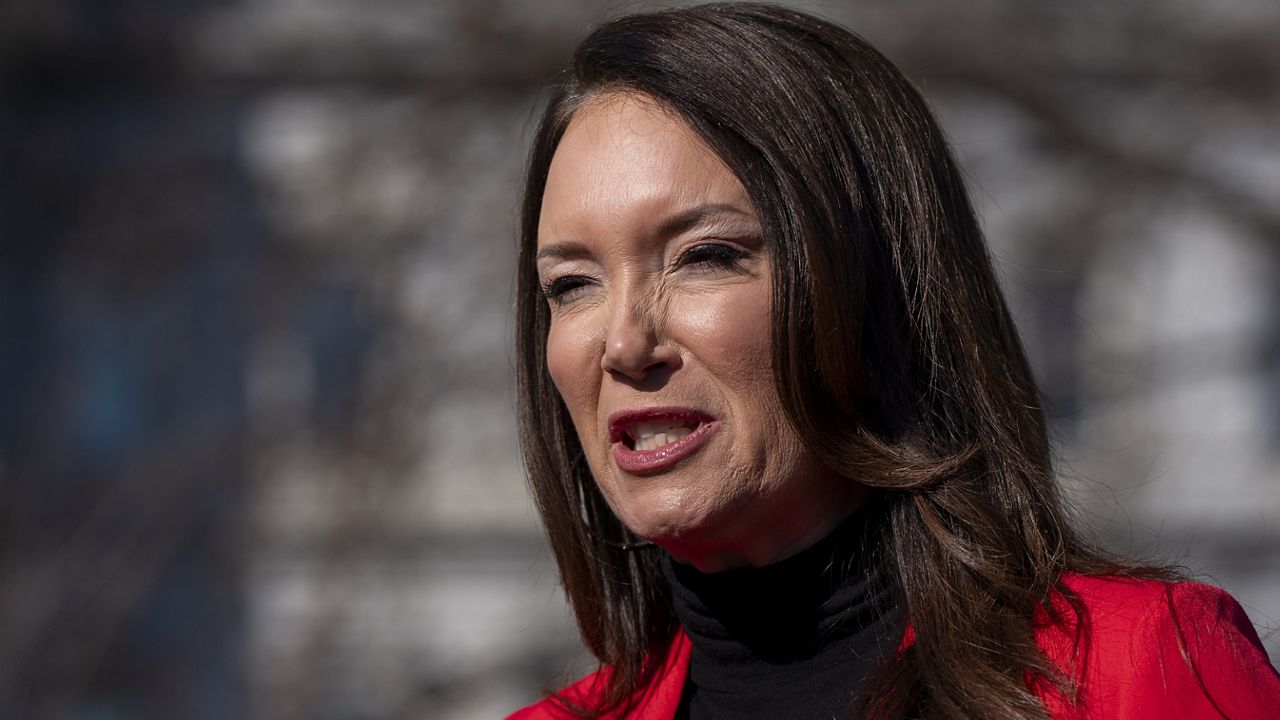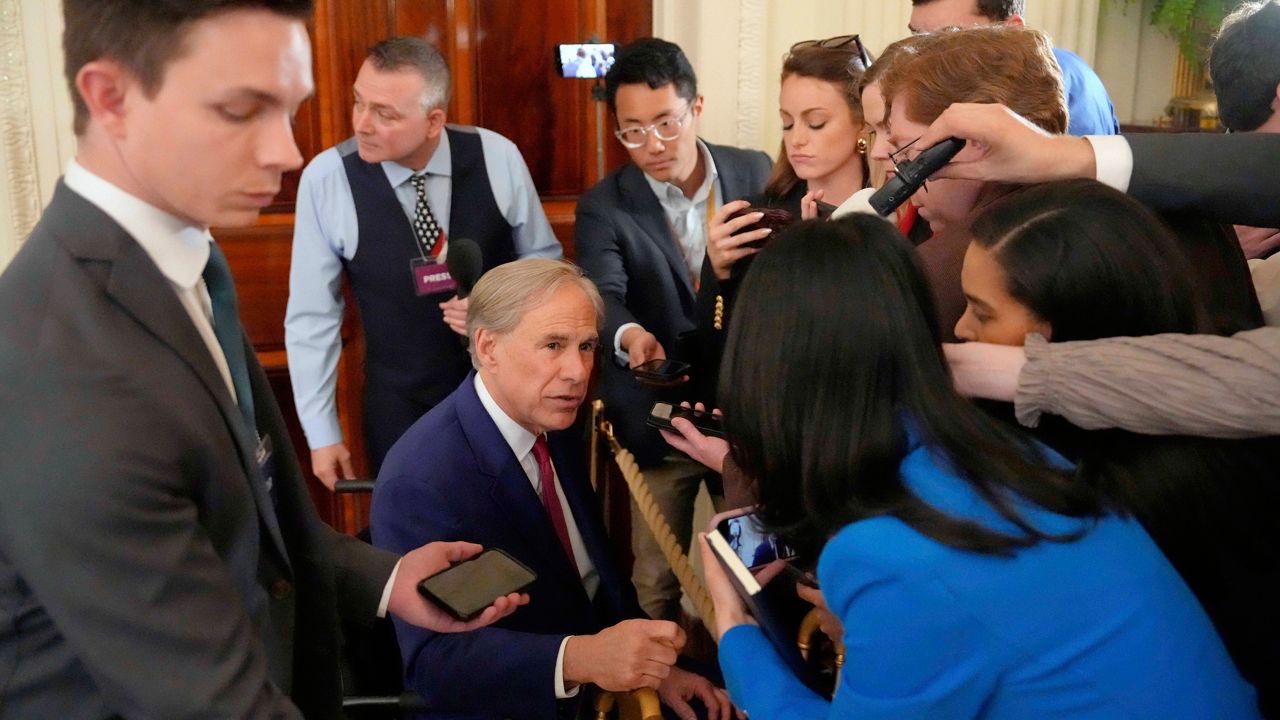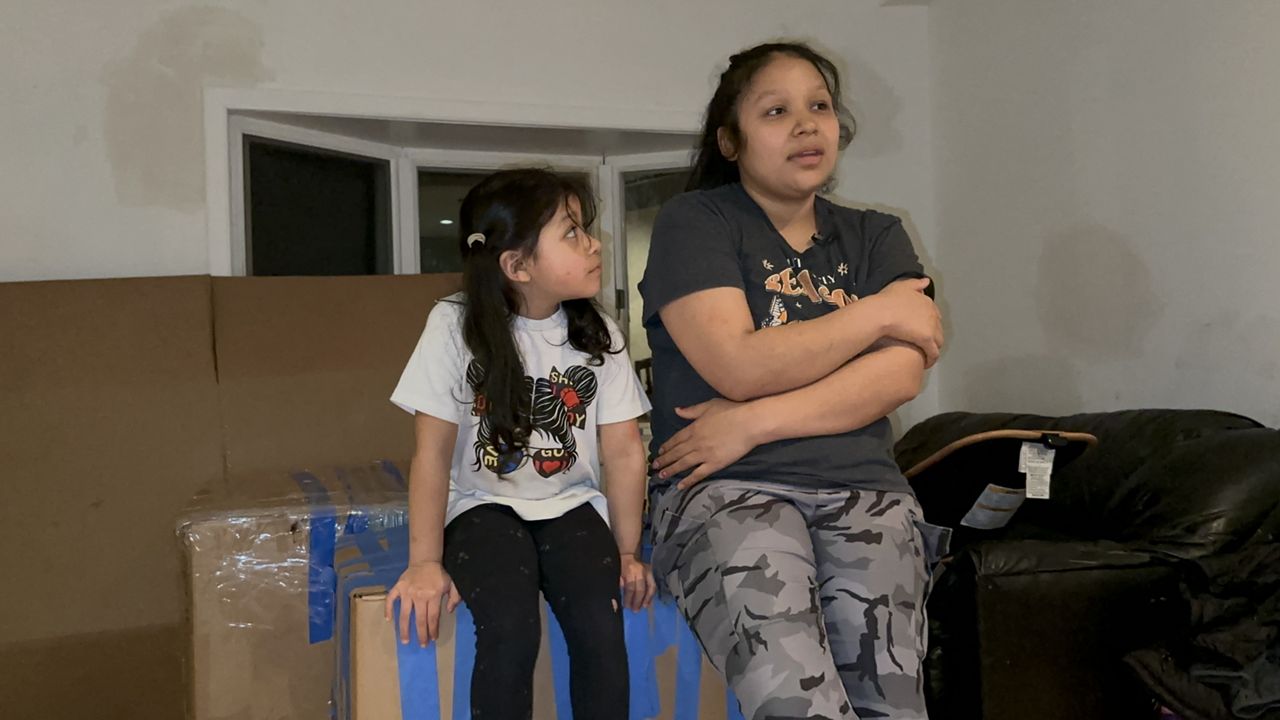WASHINGTON — Although a federal judge ruled against President Donald Trump Thursday, his effort to ban birthright citizenship is expected to reach the Supreme Court.
At the center of the dispute is a more than 100-year-old interpretation of a clause in the 14th Amendment to the Constitution.
President Trump’s executive order banning birthright citizenship drew praise from fellow Republicans including Rep. Brian Babin, R-Woodville. Babin introduced a bill that would restrict citizenship to U.S.-born children with at least one parent who is a citizen, a permanent resident or an immigrant serving in the military.
“This is about ensuring citizenship — a cornerstone of our national identity — is protected, respected and aligned with the principles upon which this country was built,” Babin said.
But Trump’s order immediately drew legal challenges. One lawsuit filed by a group of immigrant rights and civil rights groups shares the story of one undocumented immigrant applying for a special visa for victims of crime and who is pregnant. The immigrant is a member of the League of United Latin American Citizens.
LULAC is the oldest and largest Latino civil rights organization in the country.
“We have been down this road before, and we are confident that the court system is going to agree with us, that you cannot trample on the Constitution,” said Ray Mancera, LULAC’s vice president for the Southwest.
Trump seeks to deny citizenship to children born in the U.S. whose parents are not American citizens.
An estimated 4.2 million U.S.-born children nationwide live with at least one undocumented parent; Texas alone accounts for over 891,000 of these children, according to census data analyzed by the American Immigration Council.
If Trump prevails in the legal battle, the order would only apply to newborns.
Legal experts suspect Trump is trying to get the Supreme Court to reexamine the 14th Amendment’s Citizenship Clause. The clause says, “All persons born or naturalized and subject to the jurisdiction thereof, are citizens of the United States and of the State wherein they reside.”
Trump wants judges to reconsider who is “subject to the jurisdiction.”
“The phrase 'subject to the jurisdiction of' is meant to exclude the children of foreign diplomats, because foreign diplomats have a special status under our law and international law, but an unlawful immigrant is subject to the Constitution of the United States,” said Jeffrey Kahn, university distinguished professor of law at Southern Methodist University.
“To say on the one hand that unlawful immigrants will be prosecuted for any crimes that they might commit, but on the other hand to say that they’re clearly not subject to the jurisdiction of the United States seems to me a pretty flagrant contradiction,” Kahn continued.
The 14th Amendment was ratified after the Civil War in 1868. The Citizenship Clause was written to overrule the Supreme Court’s 1857 Dred Scott v. Sanford decision, which did not extend American citizenship to slaves.
In 1898, the Supreme Court ruled that Wong Kim Ark, the U.S.-born son of Chinese nationals, was a U.S. citizen. He sued after being denied entry to the U.S. after visiting relatives in China.
The country concluded in its majority opinion that, “The Amendment, in clear words and in manifest intent, includes the children born within the territory of the United States, of all other persons, of whatever race or color, domiciled within the United States."
Despite the more than century-old understanding of the clause, Trump’s executive order denies citizenship to a U.S.-born child whose mother is undocumented and whose father is not a U.S. citizen or permanent resident, as well as, a U.S.-born child whose mother is in the U.S. legally but temporarily such as on a student, work or tourist visa and whose father is not a U.S. citizen or permanent resident.
The legal battle could end up before the Supreme Court.
“The court has recently struck down long-standing precedent, and so I can’t say for certain that they won’t do it again, but I will say that the overwhelming consensus of the legal academy of practicing lawyers and of judges is that the Wong Kim Ark precedent is very strong,” Kahn said.
“These cases can sometimes drag out, and sometimes the harm comes not in ultimately getting to the right victorious answer for these plaintiffs, but in the fear and in the waiting and in the anxiety and in the loss of rights and privileges during this process,” he continued.
The U.S. is among the more than two dozen countries in the world where there is birthright citizenship. Most are in the Americas, and that includes Canada and Mexico.






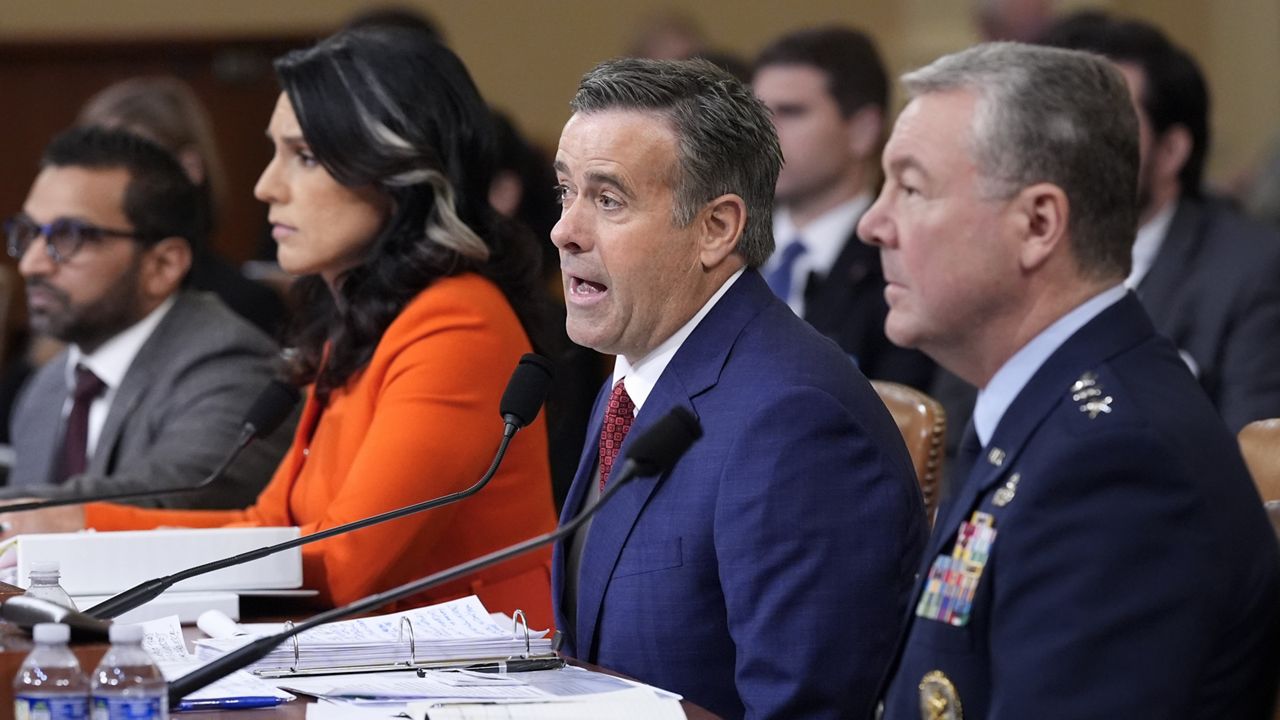
)
